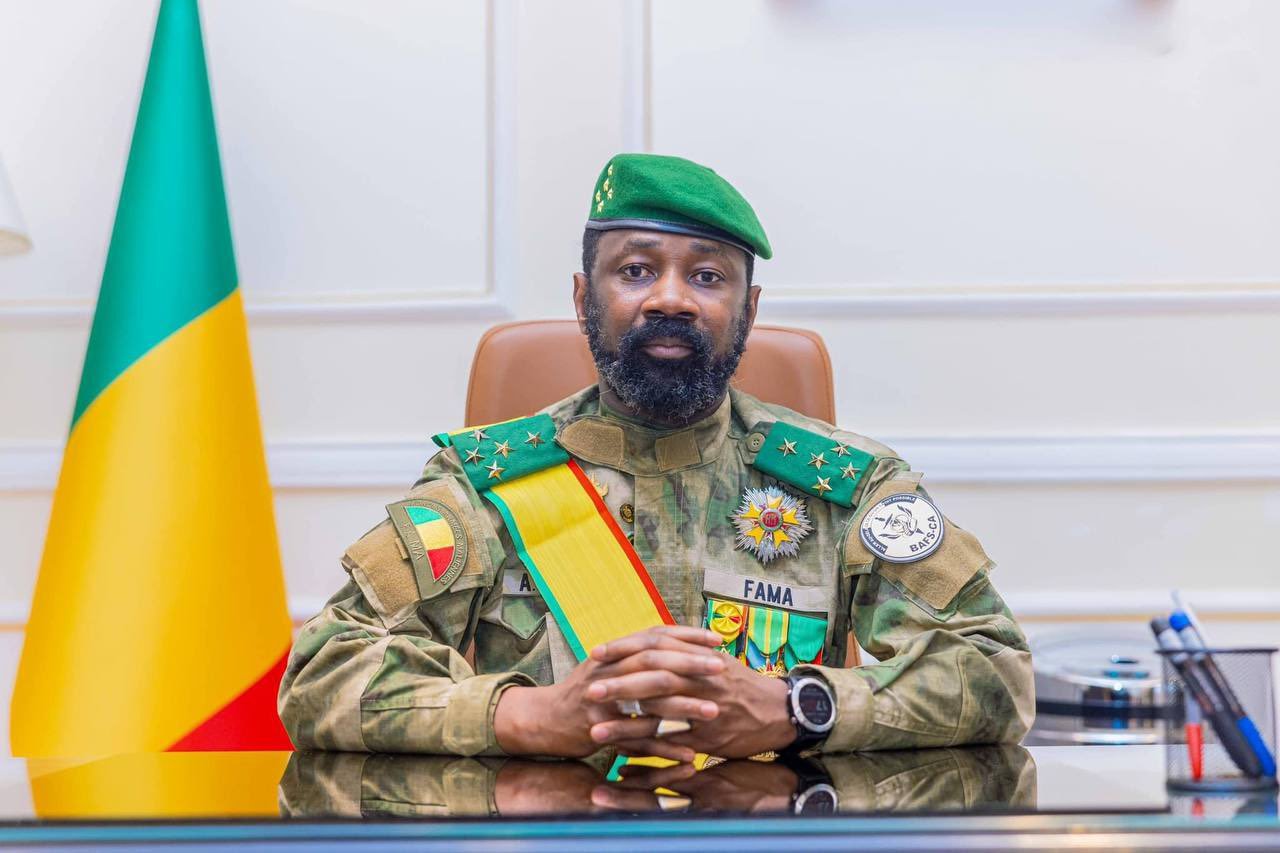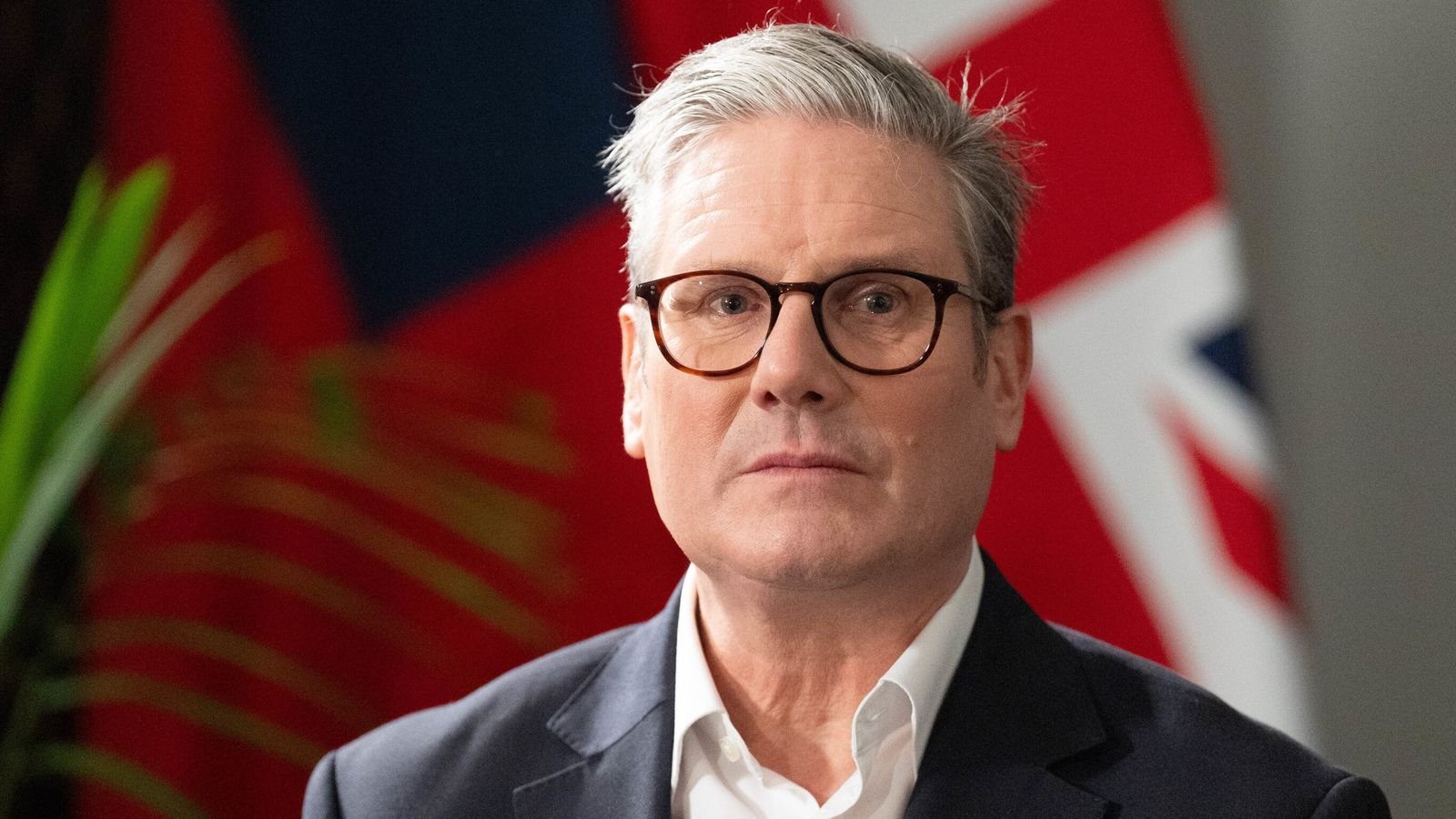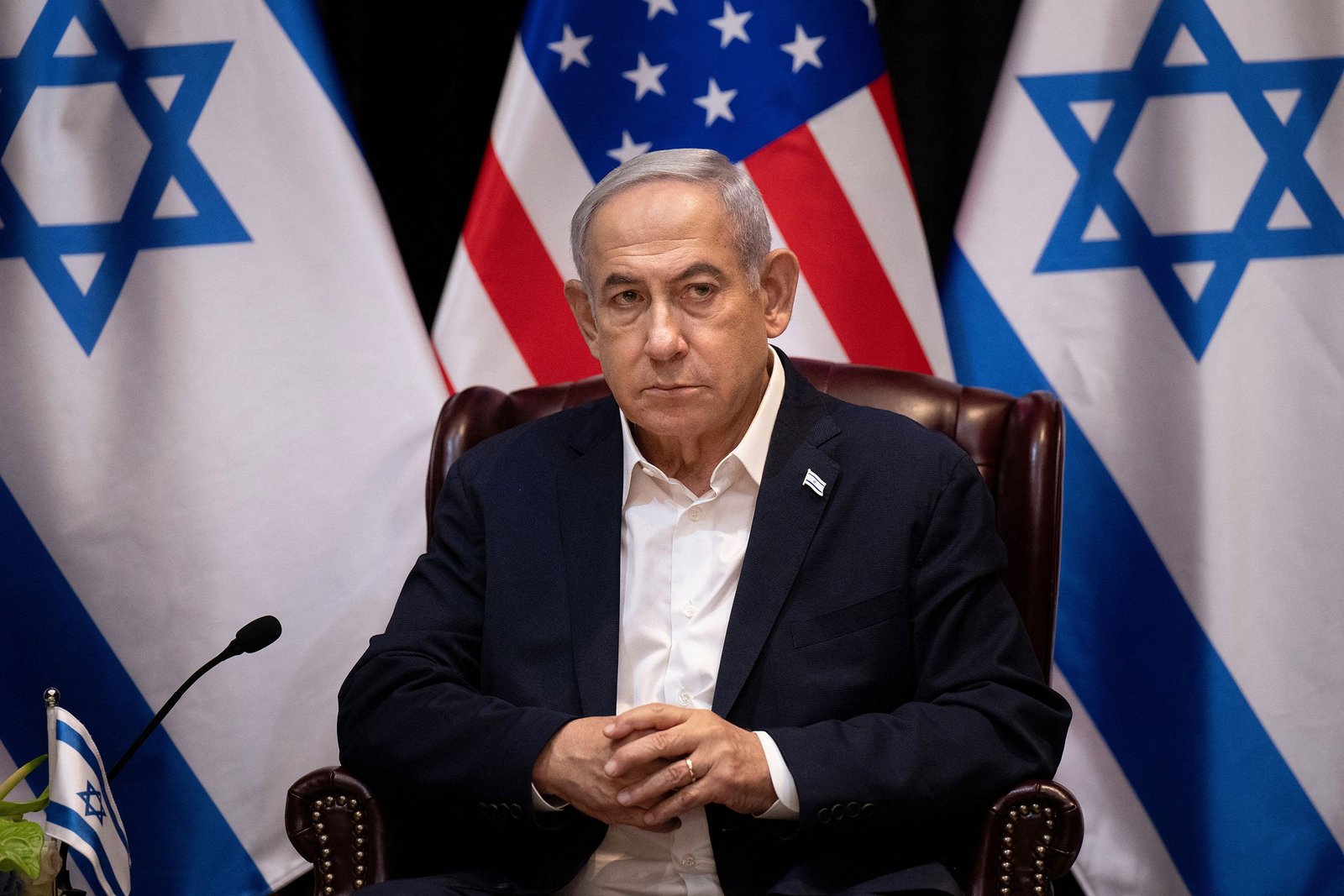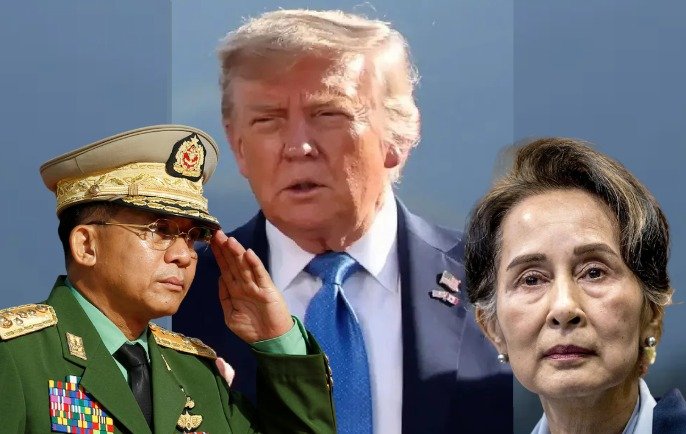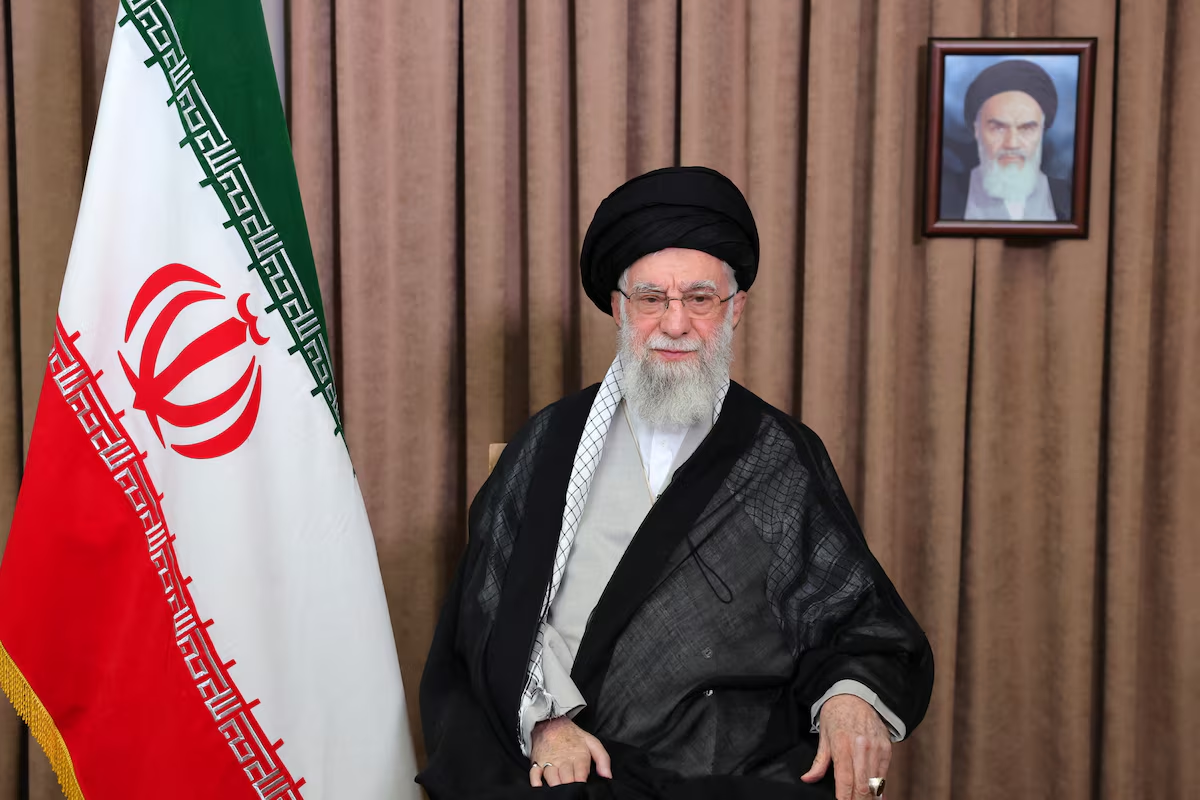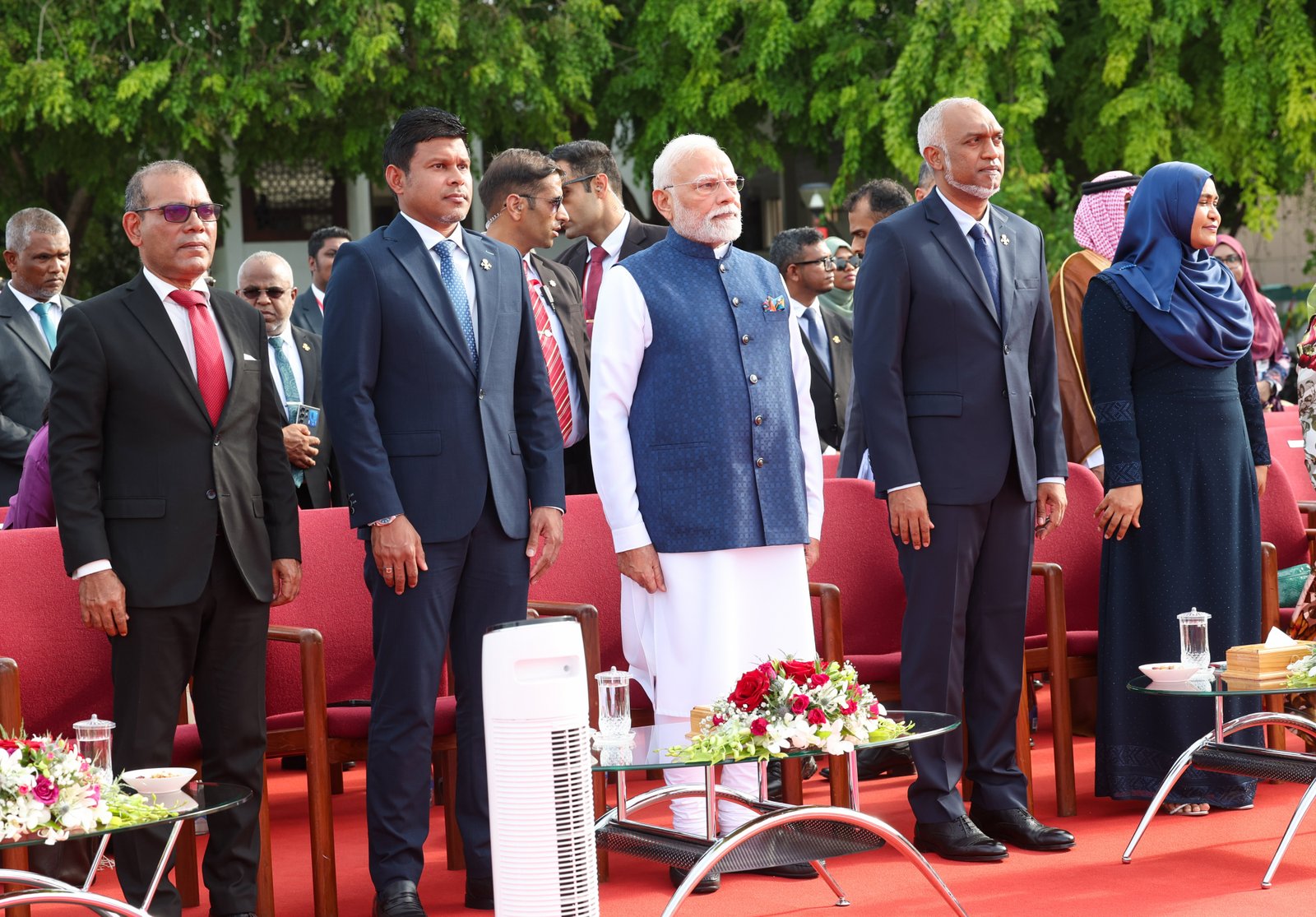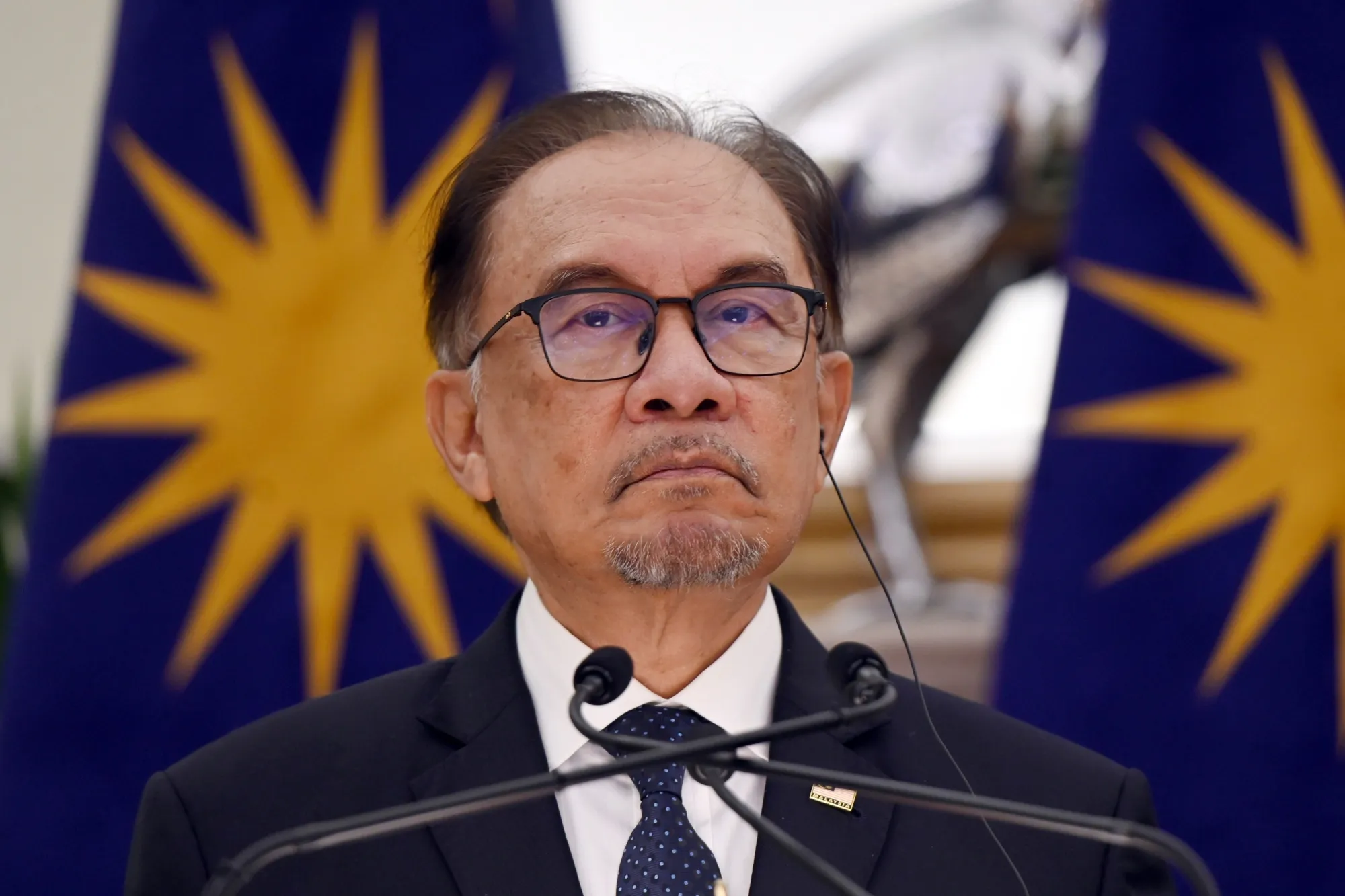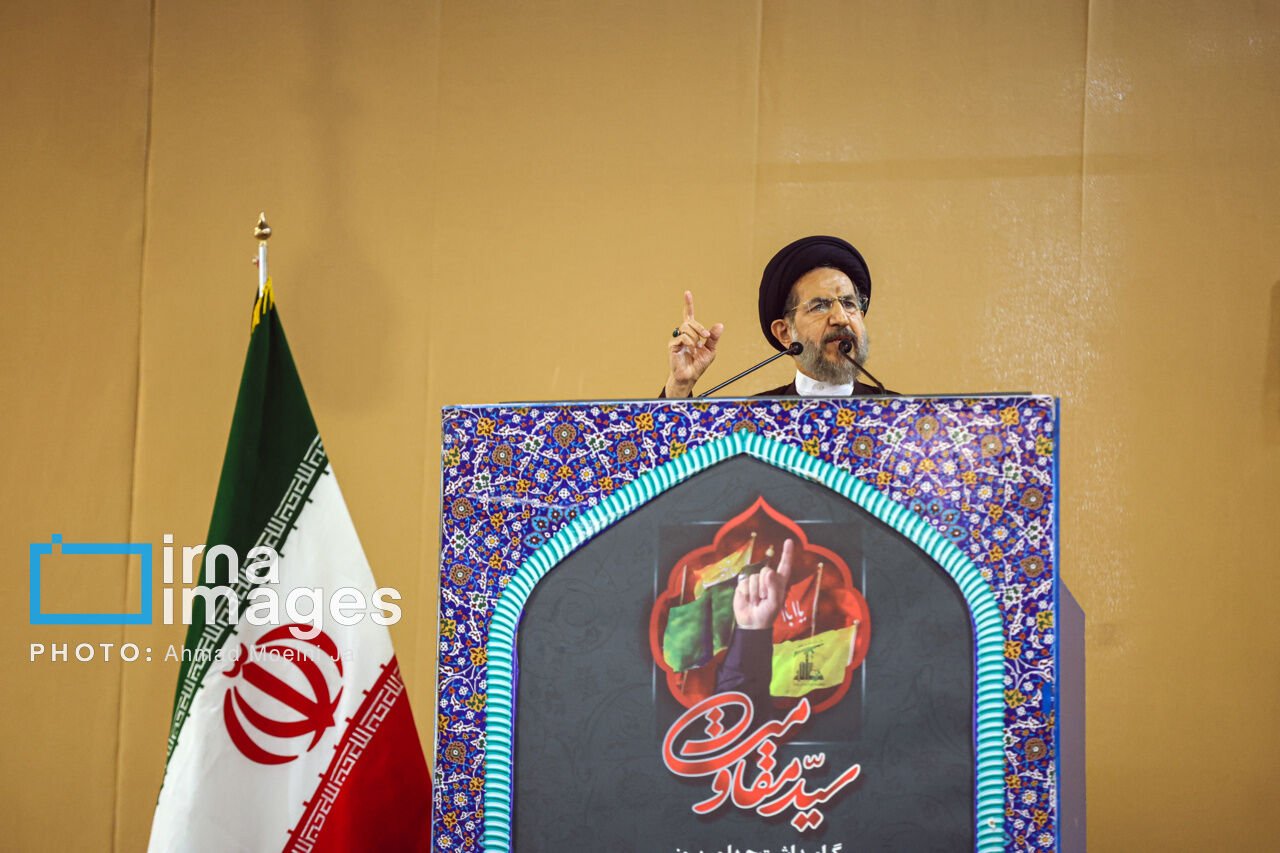“Political Parties Banned in Mali, Democratic Activities Suspended, Military Rule to Continue – Coup Leader Assimi Named President for Five-Year Term”
Bamako, July 4, 2025 —
Mali’s military government has officially named coup leader Assimi Goïta as the country’s president for a five-year term under a new law, which allows indefinite renewal without any requirement for elections. The move raises fears that the military regime may become permanent, despite Goïta’s earlier promises to return to civilian rule.
On Thursday, Mali’s transitional parliament, the National Transitional Council (NTC), approved the controversial measure. The law states that the new interim period may continue indefinitely until “peace is restored,” and it removes previous restrictions that barred members of the transitional government from participating in future elections.
NTC president Malick Diaw hailed it as a “major step forward in rebuilding Mali,” but critics argue this is a strategy to consolidate military power and a severe blow to the Malian people's democratic future and freedoms.
Coups, Promises, and Betrayal?
Assimi Goïta seized power in two successive military coups in 2020 and 2021. The first ousted elected President Ibrahim Boubacar Keïta amid widespread anti-government protests and escalating security crises.
Sworn in as interim president in June 2021, Goïta pledged to “free the country from terrorism and return it to democratic governance.” However, the military has repeatedly broken its promises, postponing deadlines to hand over power. Civilian rule was supposed to resume in 2024, but that promise went unfulfilled.
Political Parties Dissolved, Public Gatherings Banned
In May, the military government issued a sweeping order dissolving all political parties and banning public assemblies. International human rights organizations have condemned the decision, saying it effectively dismantles Mali’s political infrastructure.
Legal experts and analysts warn, “A country with no elections and no political parties is a nation slipping back into dictatorship.”
Russian Influence, Break with the West
Mali’s military rulers have been fostering close ties with Russia while distancing themselves from Western powers, particularly France and the West African regional bloc ECOWAS. Goïta has formally withdrawn Mali from ECOWAS, which had been urging a return to democratic governance.
Alongside Burkina Faso and Niger, Mali has formed the “Alliance of Sahel States” (AES) and announced the creation of a 5,000-member joint military force.
Security Crisis and Human Rights Violations
Since 2012, Mali has been ravaged by jihadist violence linked to al-Qaeda and ISIS affiliates, and the country still struggles to achieve peace. The military government is relying on Russian mercenary group “Africa Corps” to combat insurgents. However, both the Malian army and Russian fighters have been accused of serious human rights violations.
In recent weeks, jihadist attacks have surged, and the civilian population is increasingly trapped in a climate of fear, instability, and repression.


